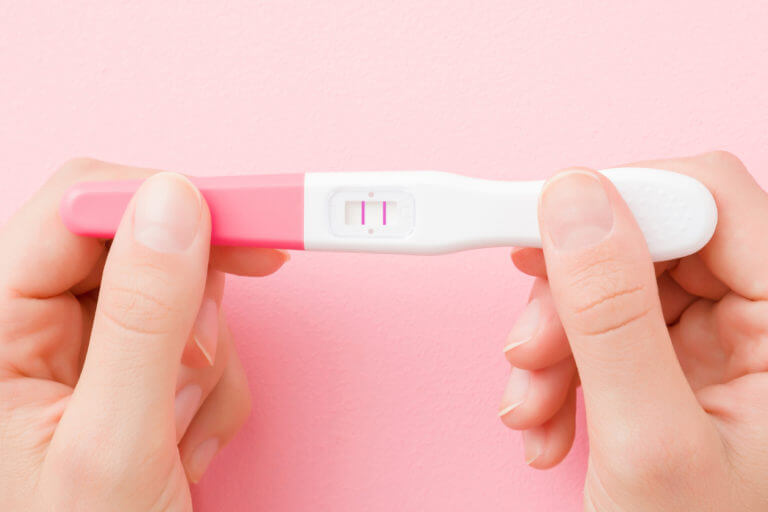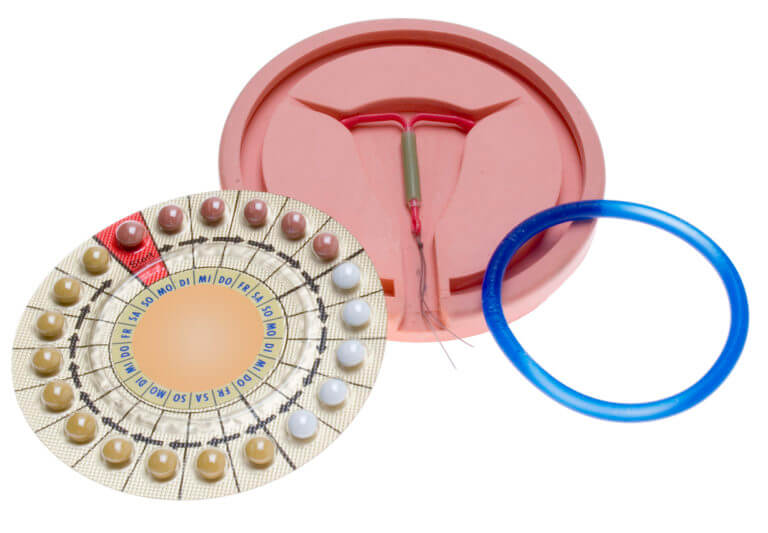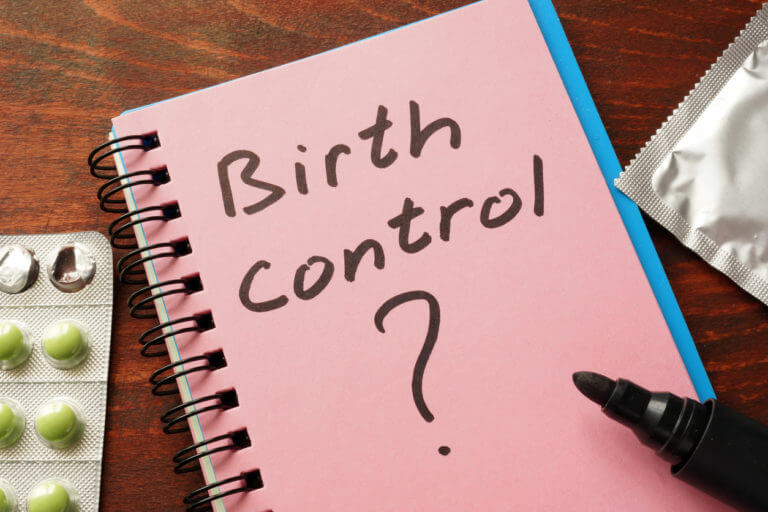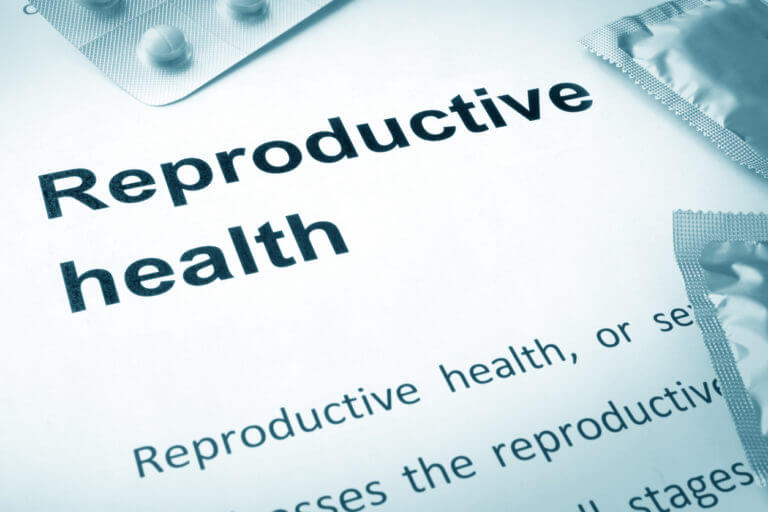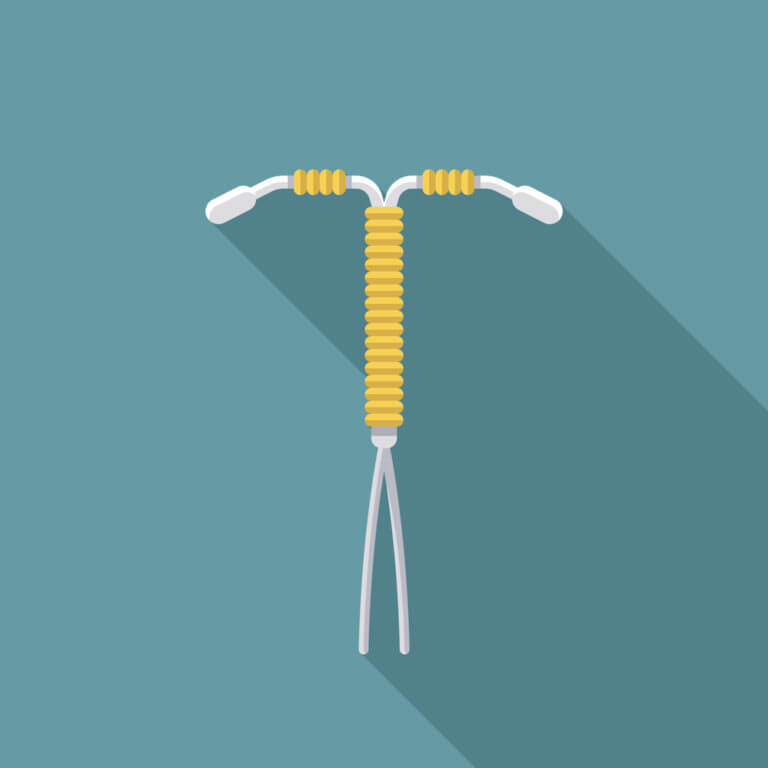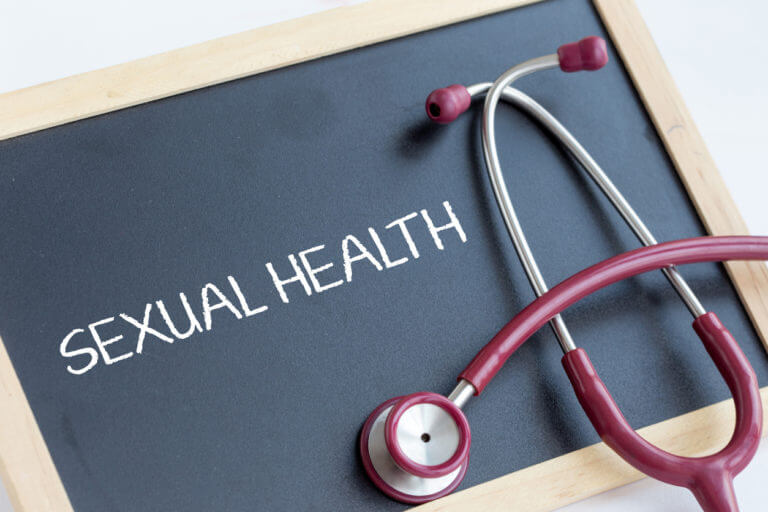Hormones are pivotal to many bodily functions and your overall well-being. Certain symptoms can signify you have a hormonal problem, particularly if you have women’s health problems. For instance, you may notice a change in your weight without making any changes to your diet or lifestyle, feel fatigued or irritable, have a low sex drive,
Read MoreWhen and Why Will Your Obstetrician Do an Ultrasound?
During pregnancy, your obstetrician will order or perform routine ultrasounds for a number of reasons, but they are done primarily to assess the growth and development of your baby. Ultrasound may be used from the fifth gestational (pregnancy) week until delivery, and the number of ultrasounds that you will receive during your pregnancy will depend
Read MoreYour Home Pregnancy Test is Positive: What’s Next?
If you took an at-home pregnancy test and it came back positive, you may be going through a roller coaster of emotions. It is natural to also think about what your next step should be in order to take care of yourself and the growing baby inside you. University OBGYN Associates, serving Syracuse and the
Read MoreTalking to your obstetrician about different birth control options
With the numerous birth control options available to women today, it’s understandably easy to get confused as to which one you should choose. Talking to your obstetrician about birth control gives you a platform to get your concerns addressed. Their expertise will take you closer to making an informed decision on which method is most effective and
Read MoreTalking to Your Obstetrician about Birth Control
With the numerous birth control options available to women today, it’s understandably easy to get confused as to which one you should choose. Talking to your obstetrician about birth control gives you a platform to get your concerns addressed. Their expertise will take you closer to making an informed decision on which method is most
Read MoreIUD Side Effects and Complications
An intrauterine device (IUD) is a birth control option that many women use. A gynecologist places the device, and it prevents pregnancy for several years, and you don’t have to do anything else to maintain it. While it’s a convenient option, you should understand the side effects and potential complications before you opt for an
Read MoreWhen to Visit a Reproductive Health Physician
There are many reasons why you would need to visit a reproductive health physician, also known as a gynecologist or obstetrician. While you should see this type of doctor on a regular basis as soon as you hit puberty, there are specific reasons that garner visits, as well. Here are the most common reasons why
Read MoreWhat to Expect After IUD Removal
An intrauterine device (IUD) is a more long-term solution for birth control than the pill, the ring, or an arm implant. You don’t have to worry about forgetting to take it, no worries about human error since a gynecologist places it (rather than yourself), and you don’t have to perform any tasks to ensure it’s
Read MoreHow Can Pregnant Women Be Affected by COVID-19?
The coronavirus is spread through respiratory droplets transmitted by an infected person sneezing, coughing, talking, or even just exhaling. The droplets may land on objects and, if touched by a non-infected person, they can spread the virus. That is why handwashing is so important, because you can successfully wash off the virus from your hands
Read MoreComponents of reproductive health
The female reproductive system is a complex system that needs special care and protection from disease and injury. It comprises the labia, clitoris, vagina, uterus, ovaries, and fallopian tubes. A woman’s reproductive health is assessed according to not just her physical health but also her mental well-being. It is not just about the absence of
Read More


